LaTeX templates and examples — Conference Paper
Recent
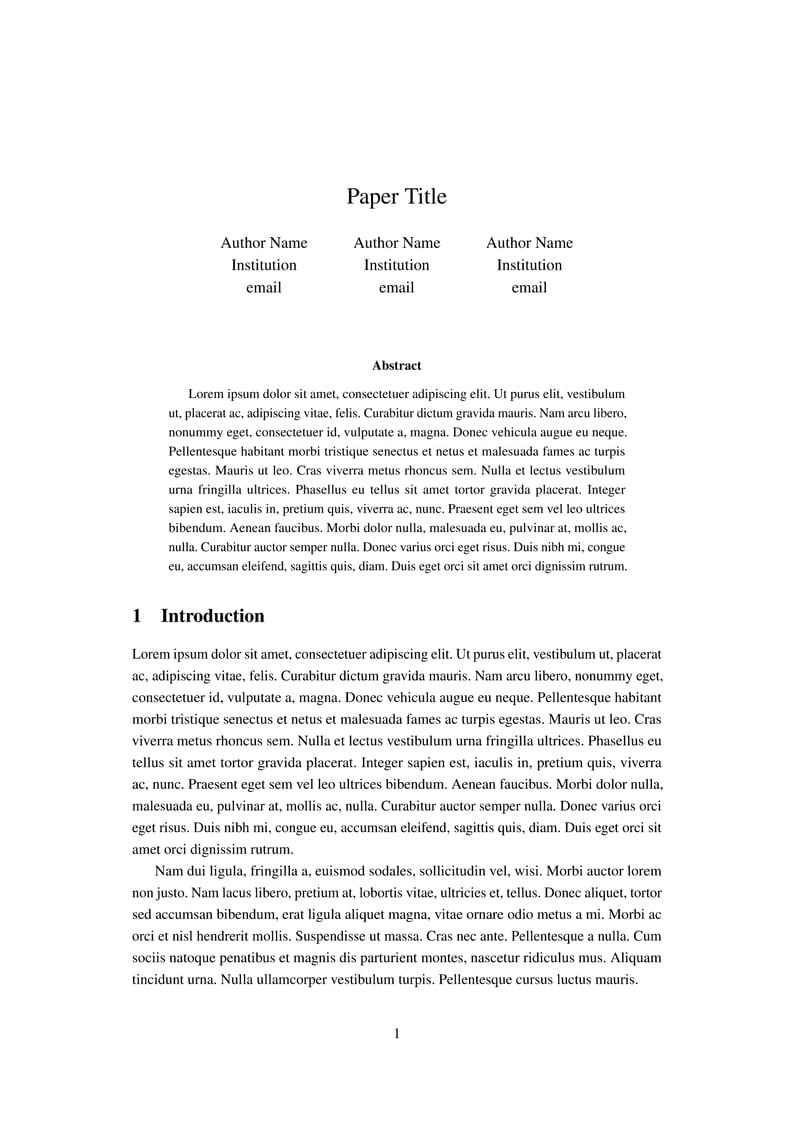
This template can be used for submissions to the PsyTec 2023 conference, which will take place at February 15th at the Technical University of Darmstadt.
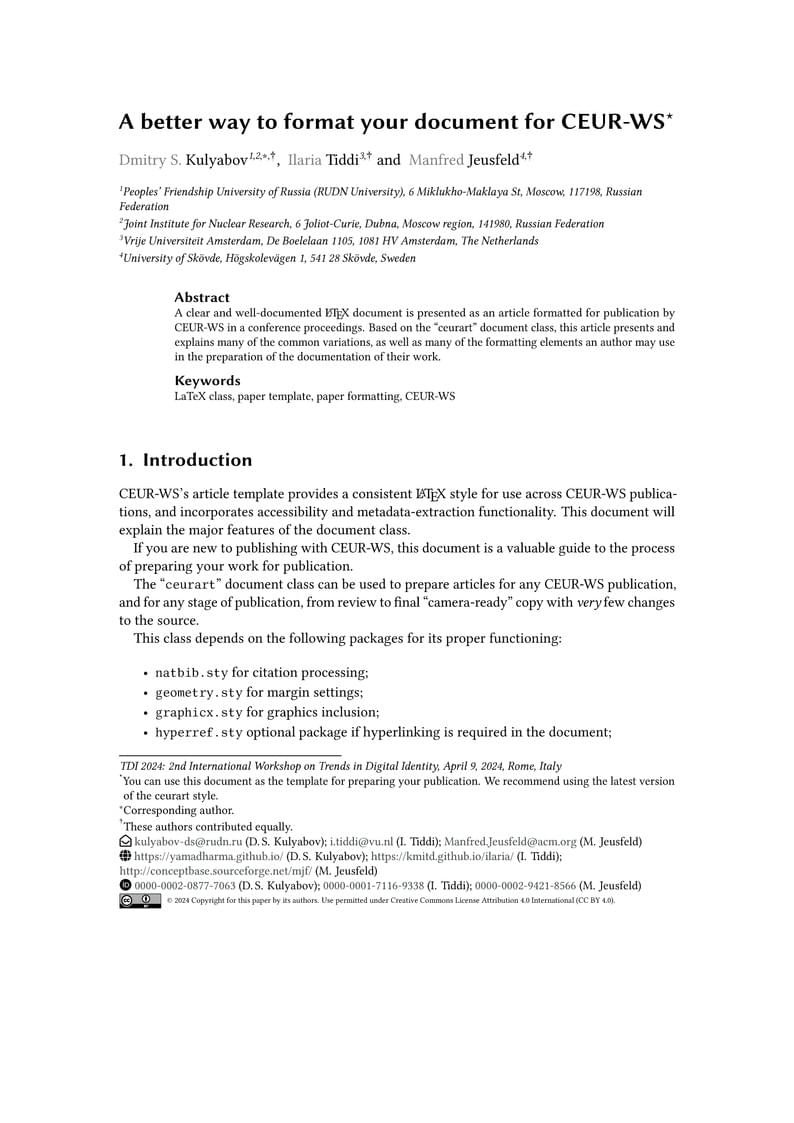
This template is designed for contributions to the "2nd International Workshop on Trends in Digital Identity" (TDI 2024), by making necessary modifications to the existing CEURART template.
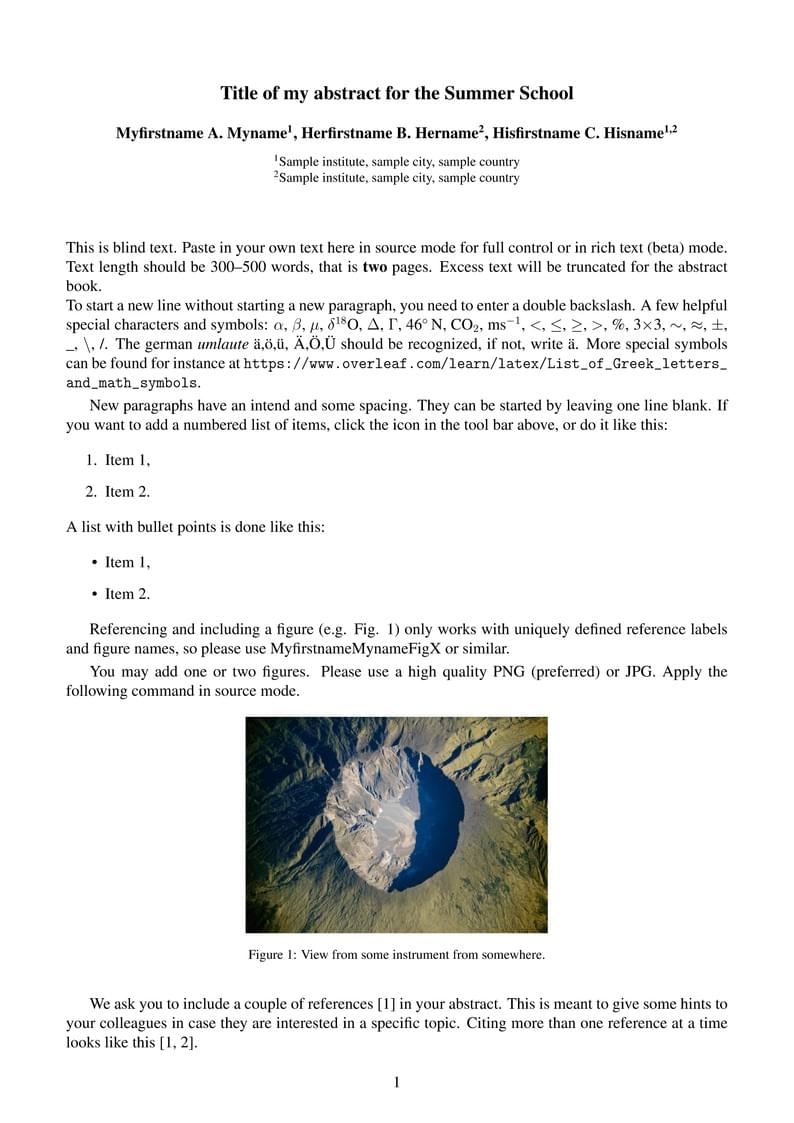
Follow-up from the 2018 template, more generic
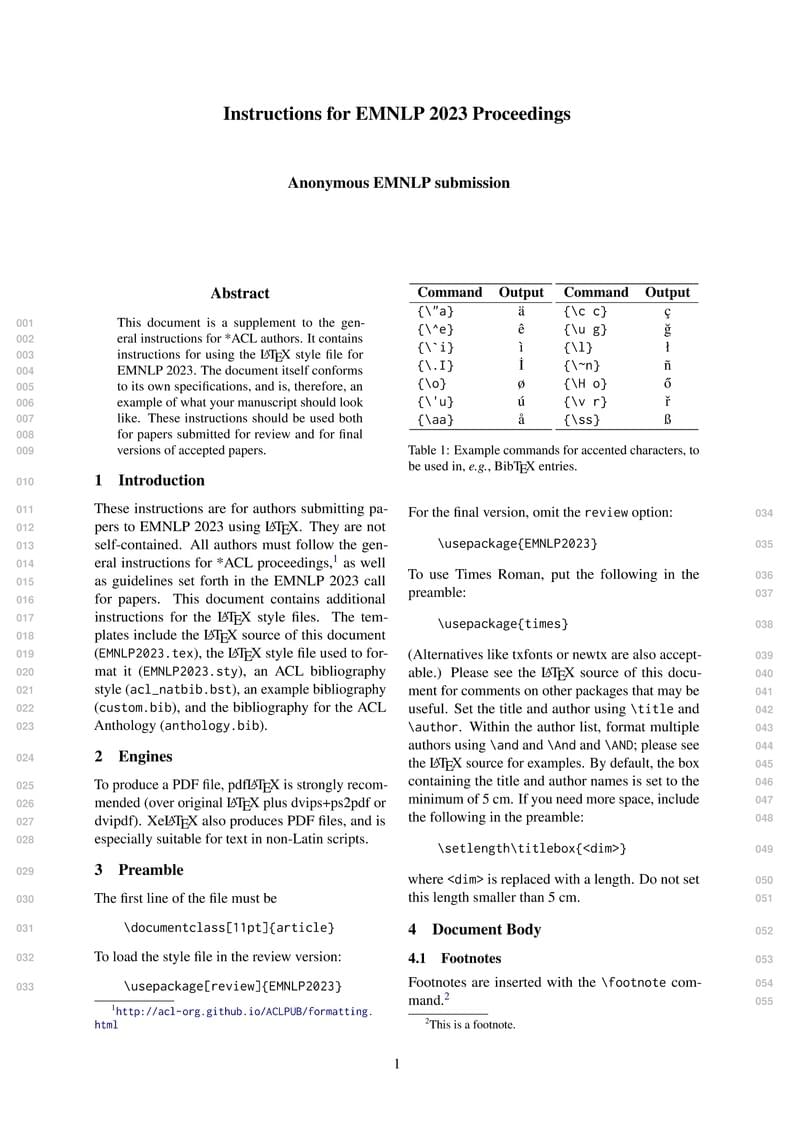
Overleaf template for submissions to EMNLP 2023
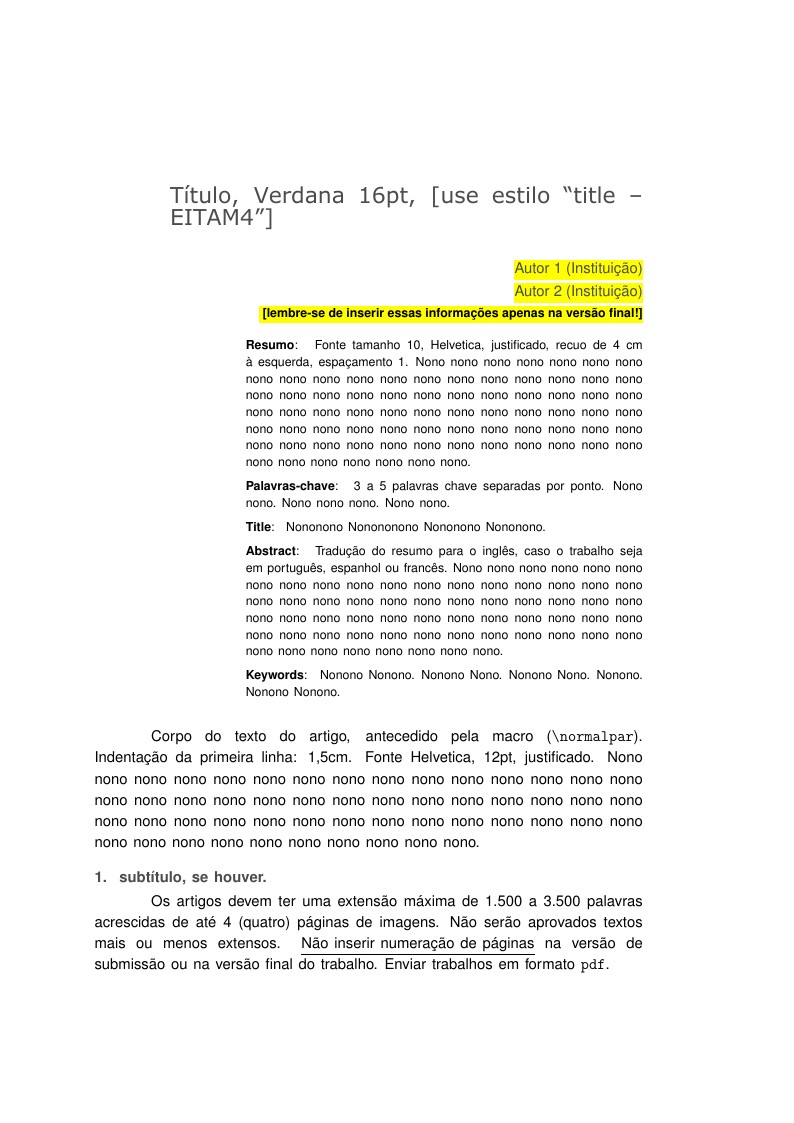
Modelo para submissão de textos para o IV Encontro Internacional de Teoria e Análise Musical. Template for paper submissions to the IV International Meeting of Music Theory and Analysis
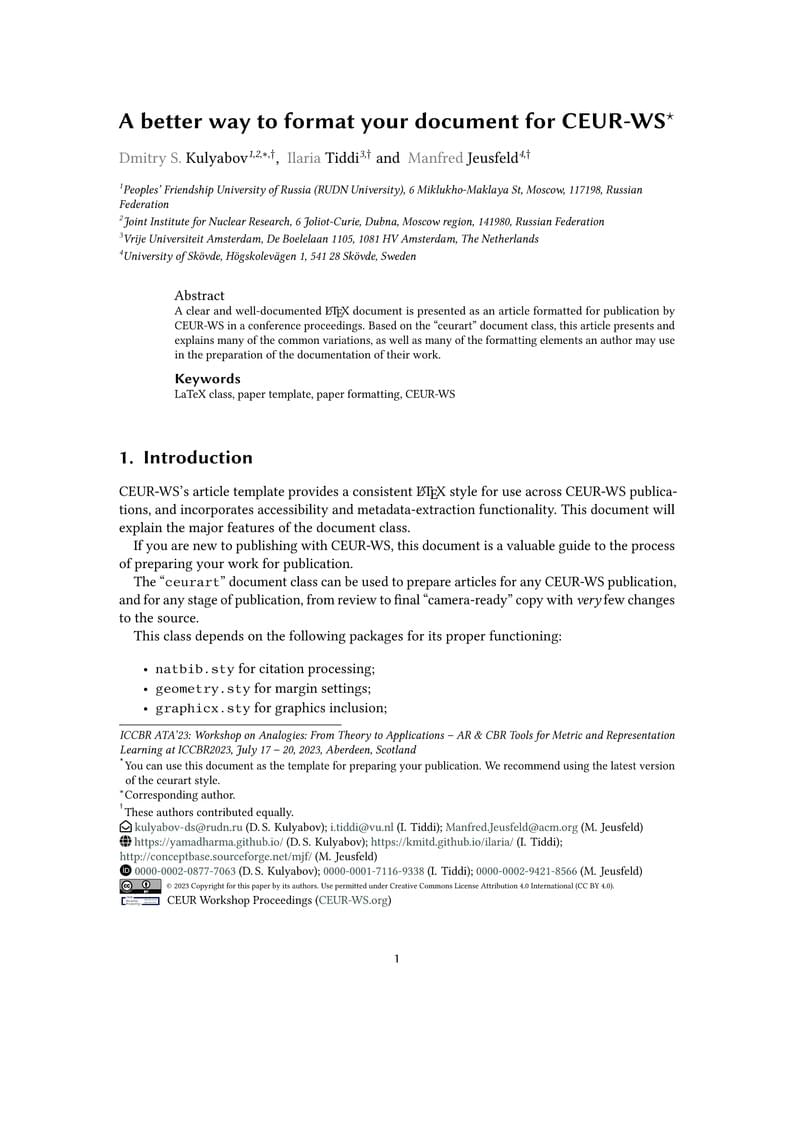
Template for submissions to the Analogies: from Theory to Applications (ATA) workshop at ICCBR 2023. The initial version of this template was gracefully provided to us by the organizers of ICCBR 2023. It is adapted from the CEUR-WS procedings template to fit the use of ATA. (https://www.overleaf.com/latex/templates/template-for-submissions-to-ceur-workshop-proceedings-ceur-ws-dot-org/wqyfdgftmcfw).
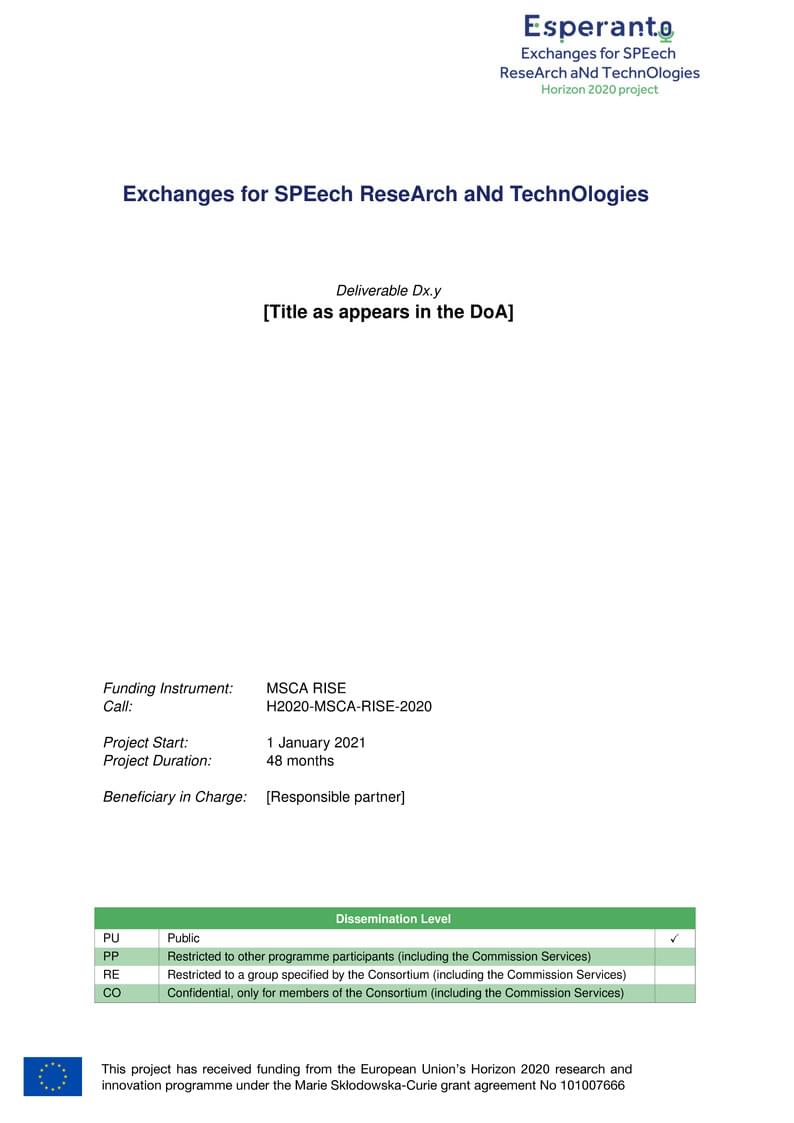
Template for the ESPERANTO H2020 MSCA RISE Project
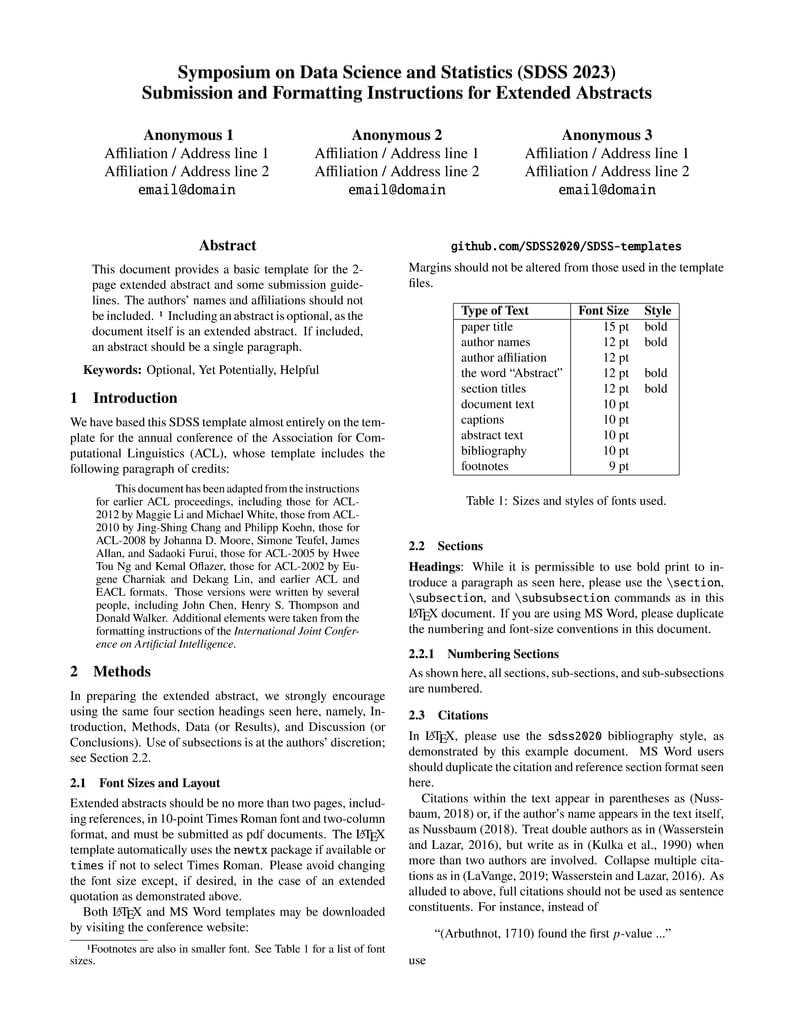
template for SDSS Conference Extended Abstarct
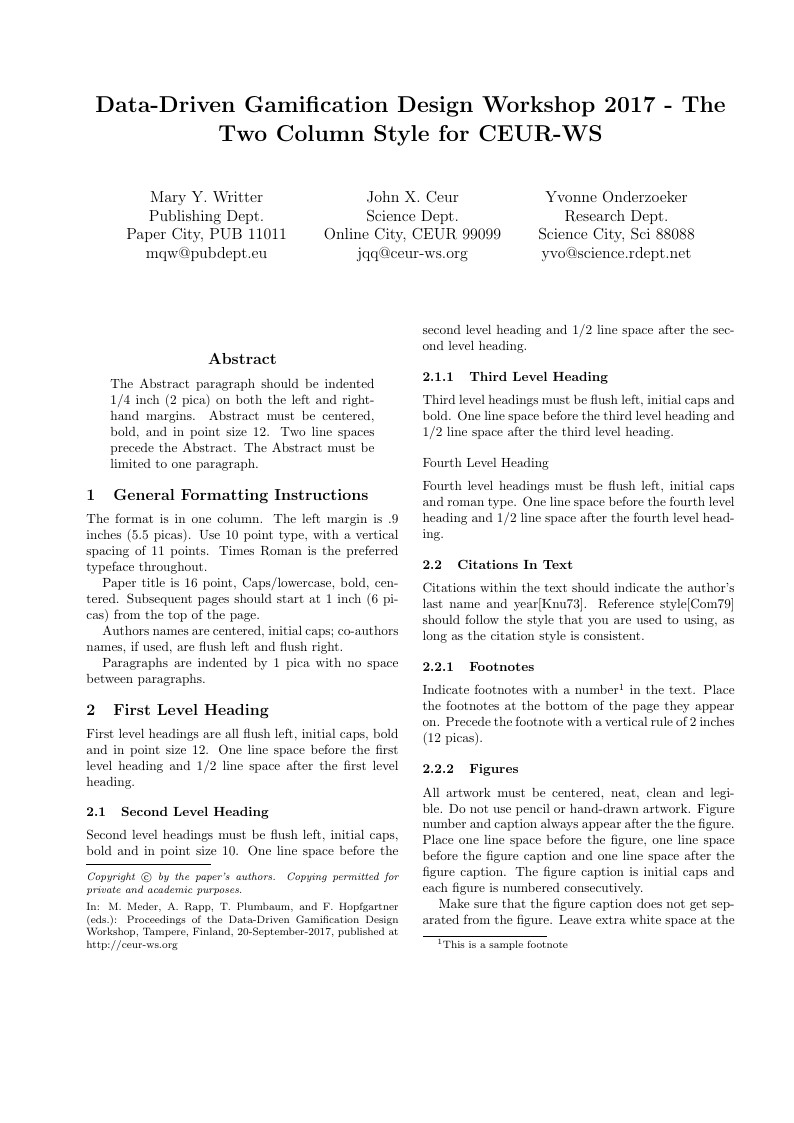
The Two Column Style for CEUR-WS for the Data-Driven Gamification Design Workshop at Mindtrek 2017 - http://ceur-ws.org/HOWTOSUBMIT.html
\begin
Discover why over 25 million people worldwide trust Overleaf with their work.